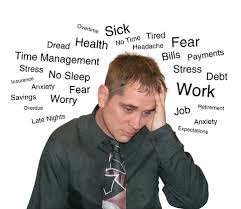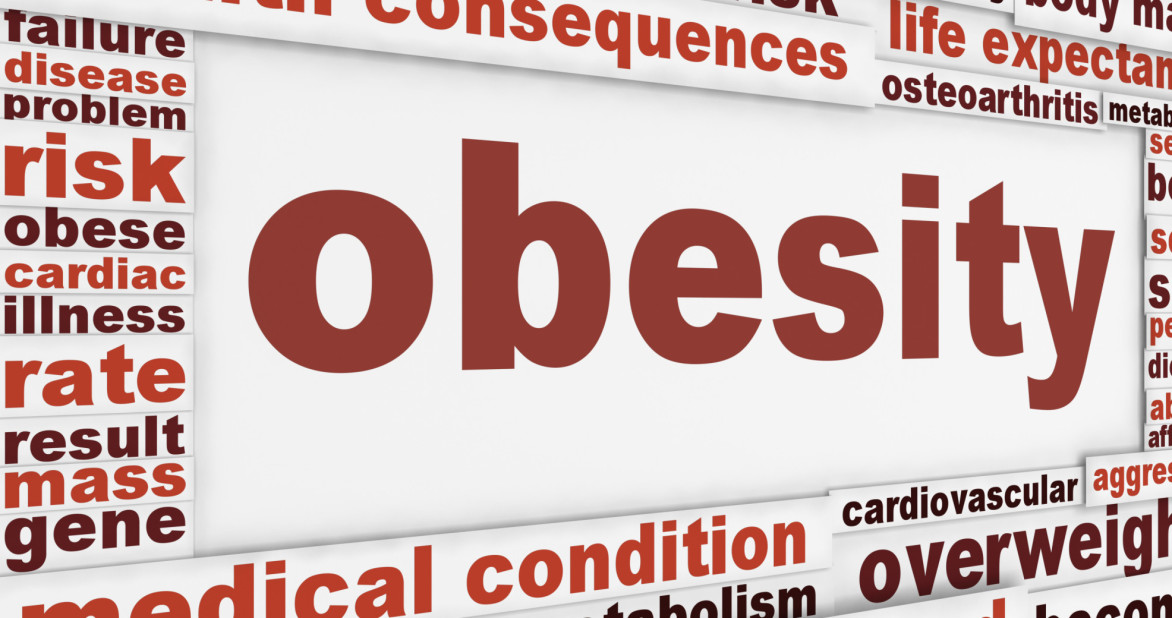Stress physical danger

Stress physical danger and stress complications can lead you straight to an hospital bed
Stress physical danger: Fight, flee or chow down
While this system (fight, flee, or chow down) works fine at the formation of our stress physical danger when we really need to “fight or flee”, and then replenish, it doesn’t serve the same purpose for today’s garden-variety stressors. Often, our response to stress today is to sit and stew in our frustration and anger, without expending any of the calories or food stores that we would if we were physically fighting our way out of stress or danger. According to doctor Dalal Akoury MD President and founder of AWAREmed health and wellness resource center, in most cases in this respect eating becomes the activity that relieves the stress. In other words, since your Neuro-endocrine system doesn’t know you didn’t fight or flee, it still responds to stress with the hormonal signal to replenish nutritional stores which may make you feel hungry.
These stress signals can lead not only to weight gain, but also the tendency to store what is called visceral fat around the midsection. These fat cells that lie deep within the abdomen have been linked to an increase in both diabetes and heart disease. To further complicate matters, the “fuel” our muscles need during fight or flight is sugar one reason we crave for carbohydrates when we are stressed. Therefore to get out sugar from our blood to our muscles will require insulin, the hormone that opens the gates to the cells and lets the sugar in. So people, who are under stress, metabolically speaking, will gain weight for that very reason.
Stress physical danger: Mind over matter
In the cause of trying to solve the riddle “can stress cause weight gain in your life” it would be very important that we do not put all the blames on stress for our weight gain, this is because eating in response to stress can also be a learned habit, that is to say that one can just be encouraged by brain chemistry into feeding heavily. Remember that when under the influence of stress, there’s that force, power or an impulse to do something, to get moving, and in most instances eating becomes the remedial activity that relieves the stress. It’s easy to do and it’s comforting. Nevertheless, it may be our bodies’ initial response to rising levels of cortisol that communicates us that there is comfort in sugary or starchy foods to relieve us from our current stressful situations. The result of this is that in the very first couple of days after encountering a stressful event, cortisol hormone would give you the urge and persuasion to eat high-carbohydrate foods. And the moment you give in and you comply; you quickly learn a behavioral response that you can feel almost destined to repeat the same action anytime you feel stressed again in the future.
Finally the good news is that whether your concern is can stress cause weight gain in your life or whether your urge to eat is driven by hormones or habits or a combination of both, research shows there are ways to interrupt the cycle, break the stress and stop the weight gain. Stopping weight gain is one activity that up on scheduling for an appointment with doctor Dalal Akoury will be done in the most natural and professional way with a team of able experts at the home of weight loss solution (AWAREmed Health and Wellness Resource Center).
Stress physical danger: Fight, flee or chow down
http://regenerativepotential.com/wp-admin








